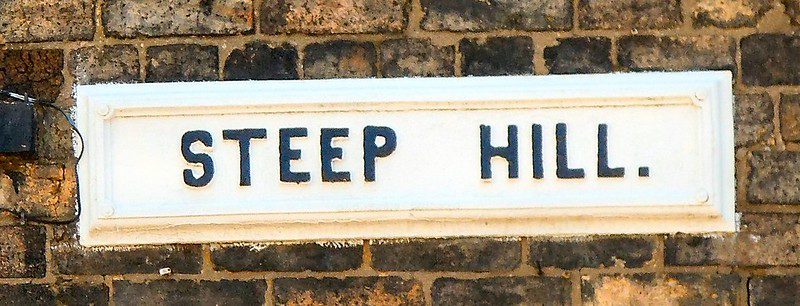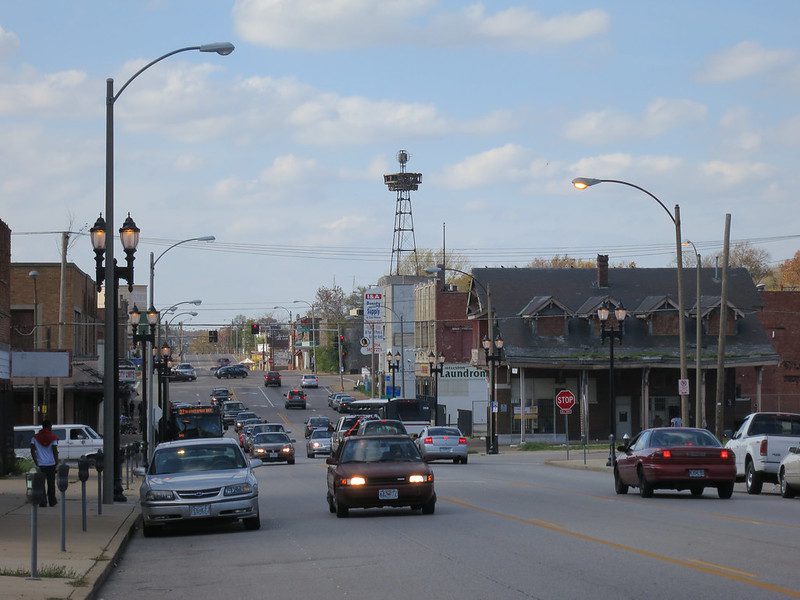With less than one month left until Election Day, the Republican Party voter repression machine is at it again and once again, its target is ACORN.
Nationwide, ACORN has registered over 1.3 million voters (most of them from low-income, African-American and Latino communities). It’s the largest and most successful drive in ACORN’s history, with over 130,000 registrations in Pennsylvania, and more than 200,000 each in Michigan and Ohio. Roughly half of these voters are under 30, and for many of them this will be the first vote they have ever cast.
ACORN’s success in registering millions of low-income and minority voters has as in the past made it right-wing and Republican target. The Republican voter suppression machine has led to stories about investigations of former ACORN workers for turning in incomplete, erroneous, or fraudulent voter registration applications and even an unwarranted raid of ACORN’s Nevada office.
ACORN’s voter registration efforts are not without problems but because their program relies on thousands of volunteers and part time employees mistakes happen. The Republican Party and the right wing use these errors to create the myth of “voter fraud” and justify further barriers to voting like strict voter-ID laws. In fact, most of these “bad” applications represent nothing more sinister than commonplace errors by voters. In Milwaukee and Cleveland, for example, election officials are examining a few hundred bad applications, less than 1 percent of the tens of thousands of registrations that ACORN staff have collected in each of those cities. In Connecticut, state election officials found no basis for the partisan attacks leveled at ACORN, and ignored Republican requests for an investigation. Since ACORN has been successfully registering voters for over 35 years, it has developed a sophisticated quality-control and voter-verification system.
Every single application collected is examined by independent staff for completeness, and tagged and bundled to associate it with the crew member who gathered it. Registrations are entered into a database by an outside vendor, and call centers make several attempts to call each registrant to verify information. ACORN works to “cure” incomplete registrations by contacting voters to get information about missing or inaccurate entries, such as county or ZIP code information that could get a registration rejected.
ACORN turns applications in to election officials in three stacks: verified; those that can’t be independently verified; and those that have problems. In most states, ACORN is required to turn in every signed application, including the ones they know have problems. In a few cases these applications have turned out to be phony — the result of part-time employees trying to get paid for doing work they didn’t do.
Contrary to rumor, ACORN canvassers are paid by the hour, not by the application, and there are no quotas. In these cases ACORN has been credited with catching the bad applications, firing the workers involved, and alerting election officials to the problem. The system works, and, as most election officials have recognized, ACORN is part of the solution to our national problem of low voter participation, not part of the problem.
Partisan attacks on ACORN from those who wish to keep the poor and minorities from voting is nothing new (see Mock the Vote in Shelterforce from summer 2007).




Comments